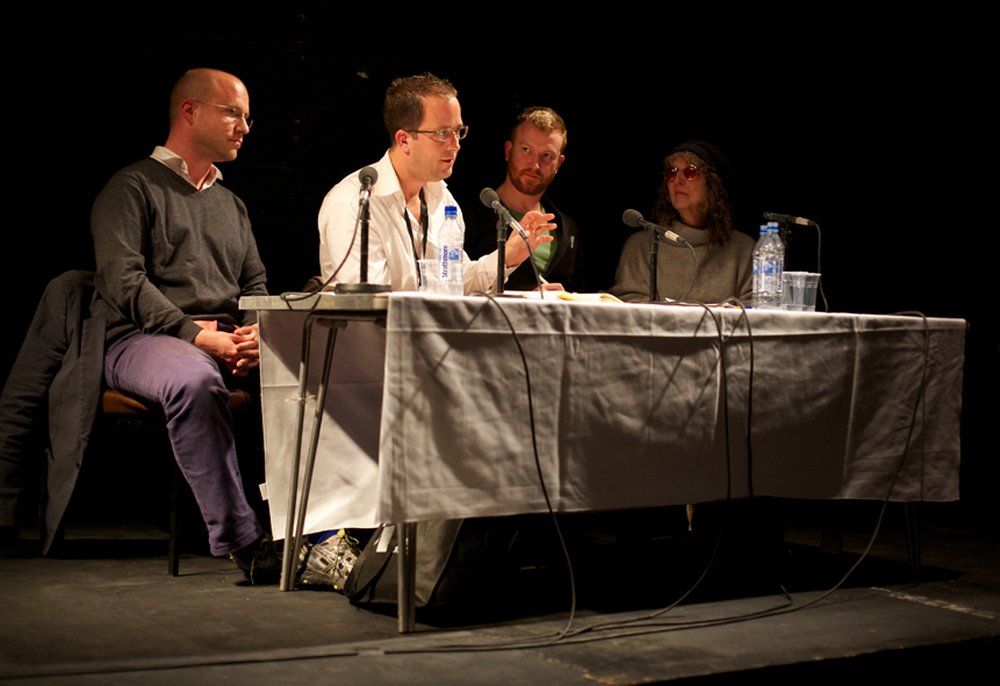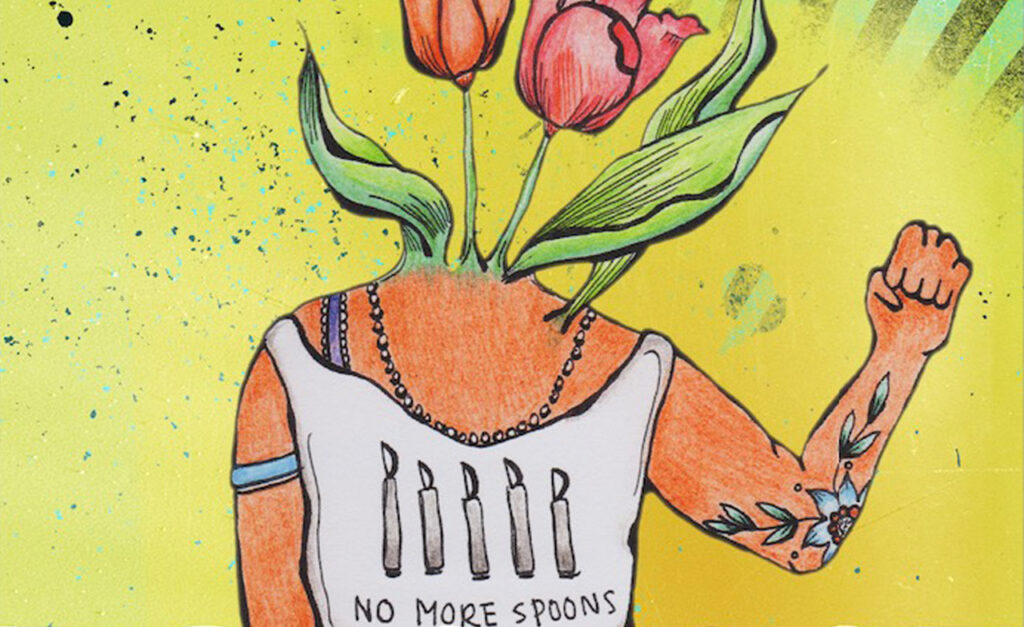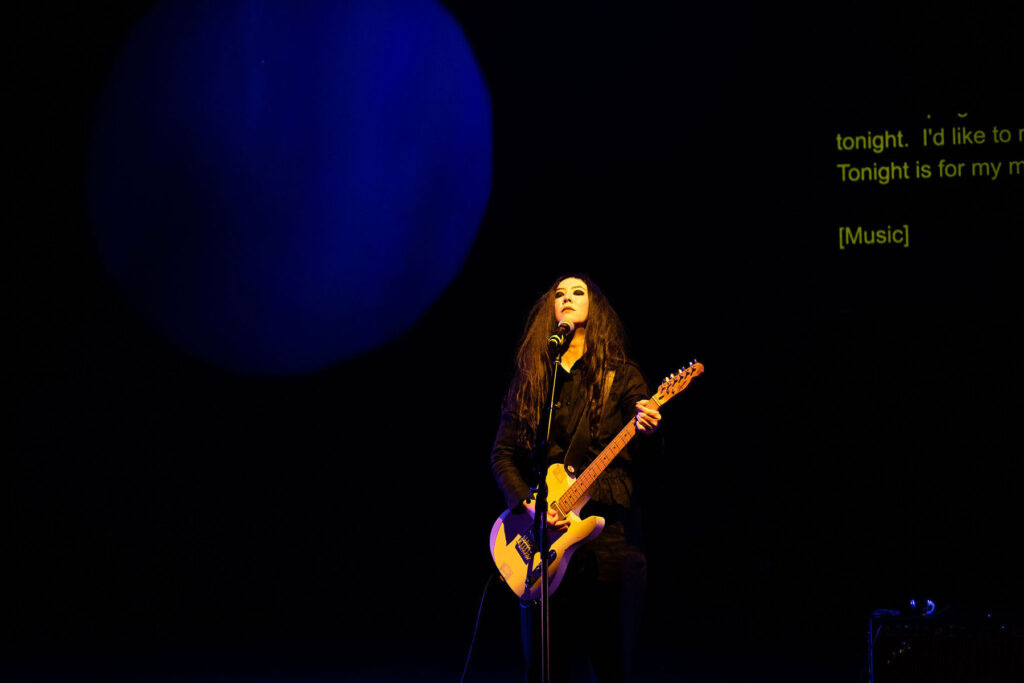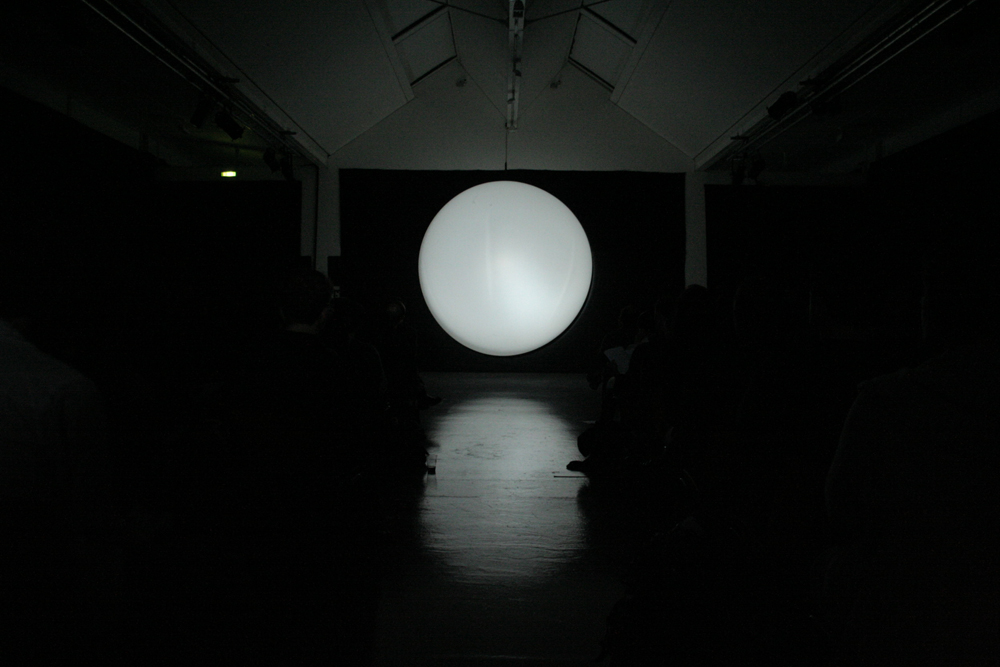
Before or after finitude?
Arika Catherine Christer Hennix Florian Hecker Robin MacKay
Electronic music, time, thought, the word, and consecutive matters
Arika have been creating events since 2001. The Archive is space to share the documentation of our work, over 600 events from the past 20 years. Browse the archive by event, artists and collections, explore using theme pairs, or use the index for a comprehensive overview.

Electronic music, time, thought, the word, and consecutive matters

I wanna be with you everywhere was a gathering of, by, and for disabled artists and writers and anyone who wanted to get with us for a series of crip meet-ups, performances, readings and other social spaces of surplus, abundance and joy.

Guitar and voice. Keening, droning and mourning. Be ready to release and bring your dis-ease.
A public gathering that brings together local artists, musicians, activists, and community organisers.
Cask-strength electrohypnol/ shroom damaged folk croonings by Lapsed Electronics empire builder responsible for recent Tremors blowouts.

Moor Mother is a musician, Philadelphian housing activist and black quantum futurist.

A simple hands on workshop with micro-radio theorist and pioneer Kogawa.

The Songspiels take on a mode of musical theatre developed by playwright Bertolt Brecht and composer Kurt Weill in the early twentieth century, presenting political and social concerns through the accessible and (often funny) form of song.

Solo performance on bass clarinet, jaw harp & voice by Arrington De Dionyso.

Each of these films addresses place, landscape or location and the personal reaction to their magical or concrete properties. Watch out for Kren’s structural, throbbing investigation of a forest and Baillie’s intimate and humble essay on a blind guitarist and the relationship between songs of Mexican revolutionaries and the people and places they looked to inspire.

Is it possible to dance our way out of the hardened stances and identity prisons we are locked in?

60 minutes of hard ass minimal film, projected onto a weather balloon and accompanied by the inspired poetic rant of a visionary Frenchman.